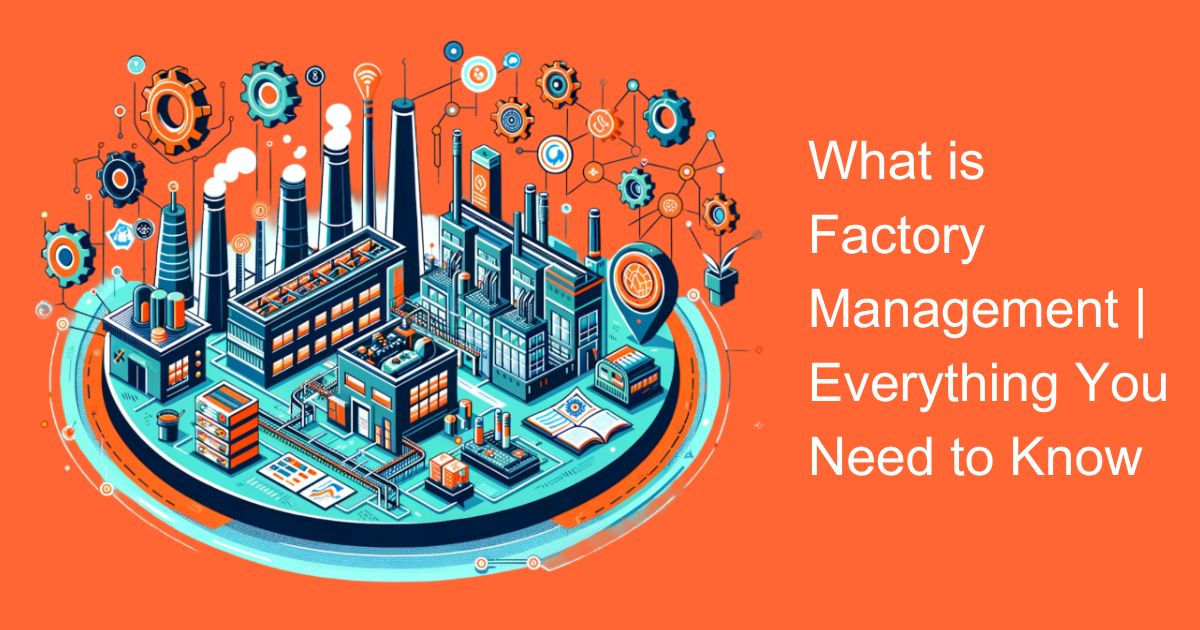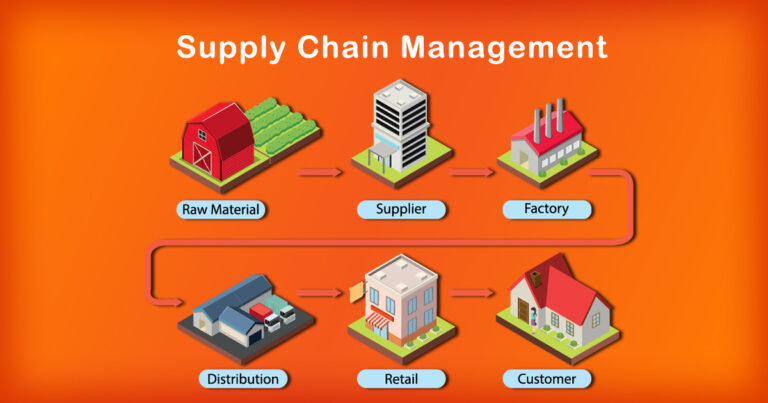Introduction
In the bustling landscape of industrial development, factory management stands as a crucial pillar upon which the efficiency, productivity, and sustainability of manufacturing enterprises rest. In the Indian context, where manufacturing plays a significant role in the economy, understanding the nuances of factory management becomes even more paramount. In this editorial, we delve into what is factory management, exploring its definition, key principles, challenges, and emerging trends within the Indian industrial landscape.
Defining Factory Management
Factory management encompasses the strategic planning, coordination, and oversight of all activities within a manufacturing facility to ensure optimal utilization of resources and attainment of organizational goals. It involves a multifaceted approach that integrates various functions such as production planning, inventory management, quality control, maintenance, and workforce supervision.
Key Principles of Factory Management
Efficient Resource Utilization:
Effective factory management revolves around maximizing the utilization of resources including manpower, machinery, and materials, thereby minimizing wastage and enhancing productivity.
Streamlined Processes:
It entails the establishment of streamlined processes and workflows to facilitate smooth operations and minimize bottlenecks in production.
Quality Assurance:
Ensuring consistent product quality is imperative in factory management. Implementing stringent quality control measures helps in meeting customer expectations and maintaining competitiveness in the market.
Employee Engagement:
Engaging and empowering the workforce is essential for fostering a culture of innovation, productivity, and job satisfaction within the factory environment.
Continuous Improvement:
Embracing a culture of continuous improvement through practices such as Lean manufacturing and Six Sigma enables factories to optimize efficiency, reduce costs, and adapt to evolving market demands.
Challenges in Factory Management
Despite its importance, factory management is fraught with numerous challenges, particularly in the Indian context. These challenges include:
Regulatory Compliance:
Navigating the complex regulatory landscape governing labor laws, environmental regulations, and safety standards poses a significant challenge for factory managers in India.
Infrastructure Constraints:
Inadequate infrastructure, including unreliable power supply, poor transportation networks, and limited access to technology, hampers the efficiency of manufacturing operations.
Skilled Labor Shortage:
The shortage of skilled labor remains a persistent challenge in the Indian manufacturing sector, impeding efforts to implement advanced manufacturing techniques and technologies.
Supply Chain Disruptions:
Vulnerabilities in the supply chain, exacerbated by factors such as transportation bottlenecks and geopolitical instability, can disrupt production schedules and impact overall factory performance.
Technological Adoption:
While Industry 4.0 technologies hold the promise of revolutionizing factory operations, the adoption of these technologies remains slow in many Indian manufacturing firms due to factors such as cost constraints and a lack of digital literacy among the workforce.
Emerging Trends in Factory Management
Digitalization and Automation:
Increasingly, factories are embracing digitalization and automation to enhance efficiency, improve quality, and reduce operational costs. Technologies such as Internet of Things (IoT), Artificial Intelligence (AI), and robotics are being deployed to automate routine tasks and enable real-time monitoring of production processes.
Predictive Maintenance:
Leveraging data analytics and predictive maintenance techniques allows factories to anticipate equipment failures and schedule maintenance activities proactively, thereby minimizing downtime and optimizing asset utilization.
Sustainable Manufacturing:
With growing environmental concerns, sustainable manufacturing practices are gaining traction in Indian factories. Initiatives such as waste minimization, energy efficiency improvements, and adoption of renewable energy sources are being pursued to reduce the environmental footprint of manufacturing operations.
Agile Supply Chains:
To mitigate the risks associated with supply chain disruptions, factories are adopting agile supply chain strategies characterized by greater flexibility, collaboration, and resilience. This involves leveraging digital platforms for real-time visibility and coordination across the supply network.
Focus on Talent Development:
Addressing the skills gap in the manufacturing sector requires a concerted effort towards talent development and upskilling initiatives. Factory managers are investing in training programs and partnerships with educational institutions to nurture a skilled workforce capable of driving innovation and productivity.
Conclusion
In conclusion, factory management plays a pivotal role in driving the success of manufacturing enterprises, particularly in the context of India’s burgeoning industrial landscape. By adhering to key principles such as efficient resource utilization, quality assurance, and continuous improvement, factory managers can overcome the challenges inherent in the manufacturing environment and capitalize on emerging trends to achieve sustainable growth and competitiveness. Embracing digitalization, automation, and sustainable practices while investing in talent development will be instrumental in shaping the future of factory management in India.
References:
- “Factory Management: Principles and Practice” by Richard T. Evans
- “Manufacturing Operations Management” by Heikki Topi and Seppo S. Pohjolainen
- “Industry 4.0: Managing The Digital Transformation” by Alp Ustundag and Emre Cevikcan








